5 Important Facts About Septic Tanks
If you're one of the millions of Americans who rely on a septic tank to dispose of your wastewater, it's important to know how they work and what you can do to keep them functioning properly. Here are five important facts that every septic tank owner should know.
1. Your System is More Than Just Your Tank
Septic tanks are relatively simple structures; we've all seen them before and know roughly what they look like. What most people don't realize, however, is that there's a whole network of components beneath your house that make up your septic system. This includes the main tank itself, the plumbing, i.e., pipes that carry wastewater from all of your fixtures to the tank, the drain field or leaching bed which is where your wastewater finally ends up after sitting in the tank for a few days, and one or more distribution boxes.
2. Drain Cleaners Can Damage Your System
Most drain cleaners contain lye, also known as sodium hydroxide, a highly corrosive substance that can eat through many common materials, including metal. If you use a drain cleaner to try and clear a clog in your pipes or septic tank, it's likely to corrode the components of your system as well, resulting in expensive repairs sooner rather than later. So, if your pipes are clogged but you don't know why it's best to contact an experienced
septic pumping pro to take care of the problem rather than taking matters into your own hands.
3. Everything That Goes Down the Drain Affects Your System
People make a lot of assumptions about what can and can't go down the drain in their homes, and most of these assumptions are false. Putting fats, oils, and grease down your drain is one common mistake that leads to all kinds of problems, i.e., clogged drains or even an overflowing septic tank. Other substances that many people assume are safe to flush down the toilet, such as female hygiene products and wipes, can also wreak havoc on your septic system. If you're not sure if something can go down your drains, the best course of action is to err on the side of caution and simply avoid flushing it in the first place.
4. You Need Regular Septic Tank Pumping
According to The South Carolina Department of Health and Environmental Control, most septic tanks need to be pumped out at least once every few years (3-5), depending on the size of your septic tank and how frequently it's used. However, this should only be done by an experienced septic pumping contractor. If you try to do septic tank pumping yourself, not only will it be difficult and time-consuming, but it could also lead to health hazards due to the untreated wastewater seeping back into your home's plumbing system.
5. Septic Tank Maintenance is Insurance Against Disaster
Finally, the best reason to keep a close eye on your septic system is that it can save you from a really bad situation. If you let your tank get too full or your drain field becomes severely clogged, you'll end up with wastewater backing up into your home. This can cause all kinds of problems, including water damage to floors and furniture, various health hazards associated with molds, mildew, and decomposing organic matter, plus an extremely unpleasant odor throughout your house.
Septic systems can seem like a mystery to most homeowners, but they don't need to be. With a little understanding and effort on your part, you can keep your system running smoothly for many years to come. Call us today for all your septic pumping needs.

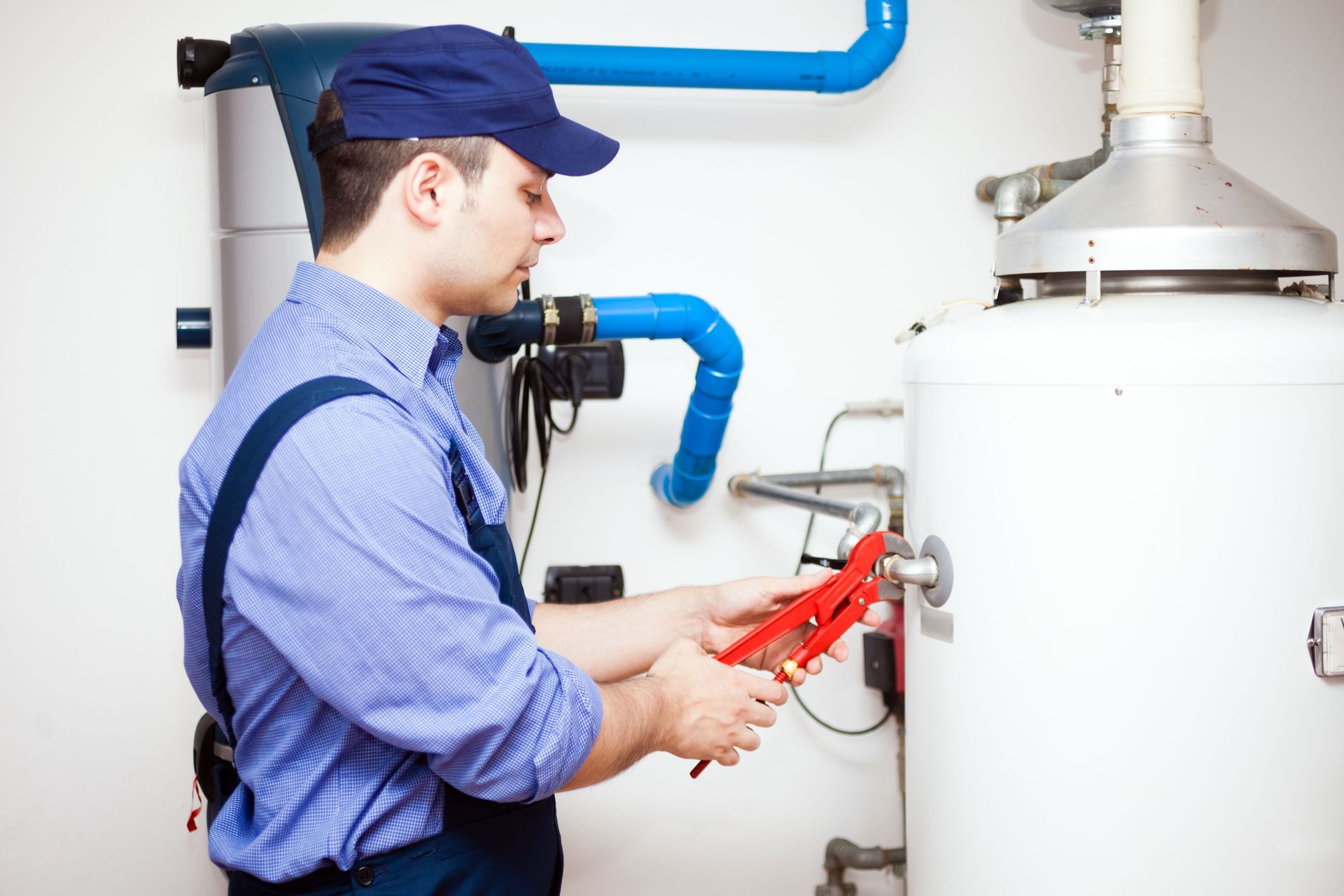
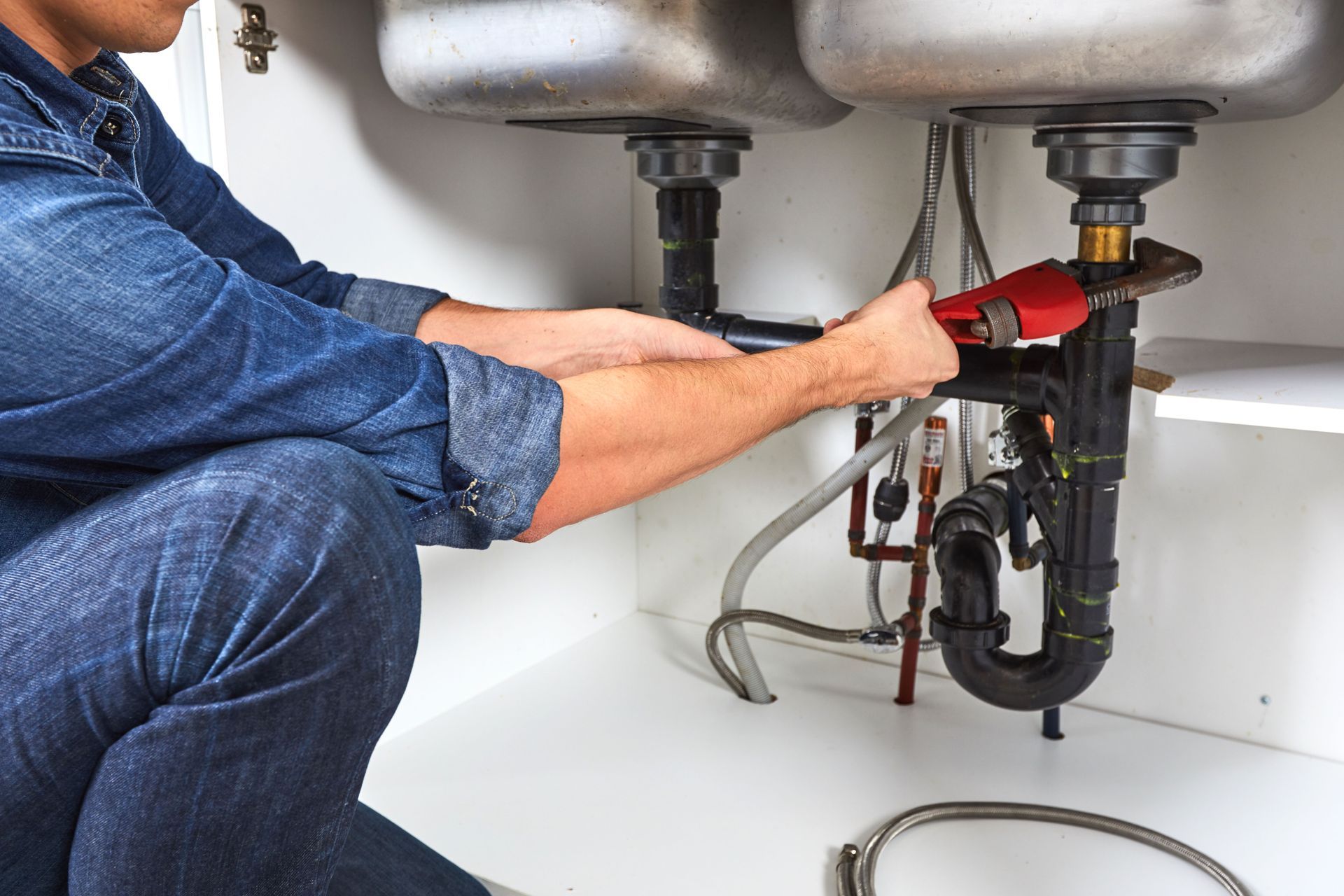
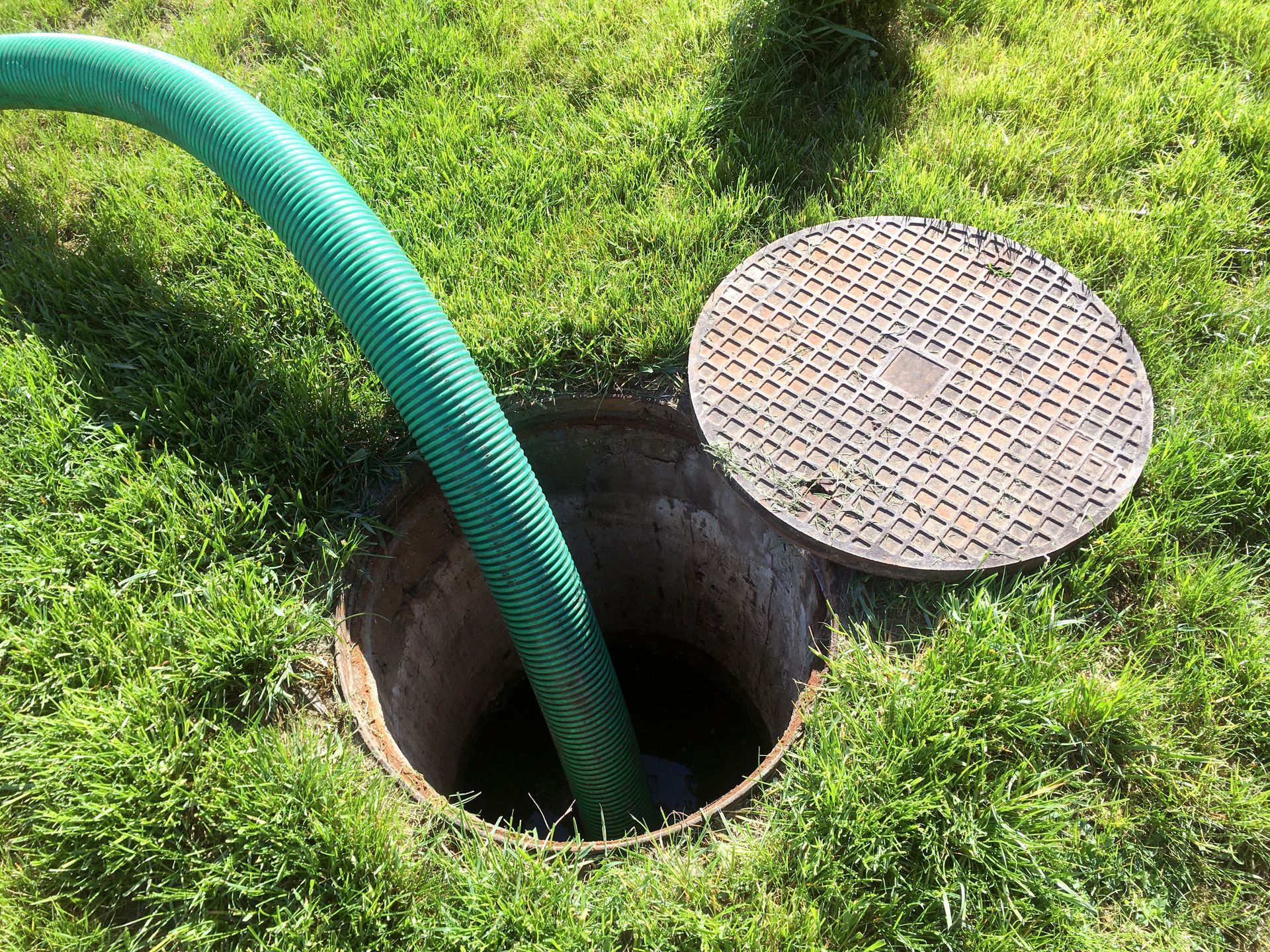
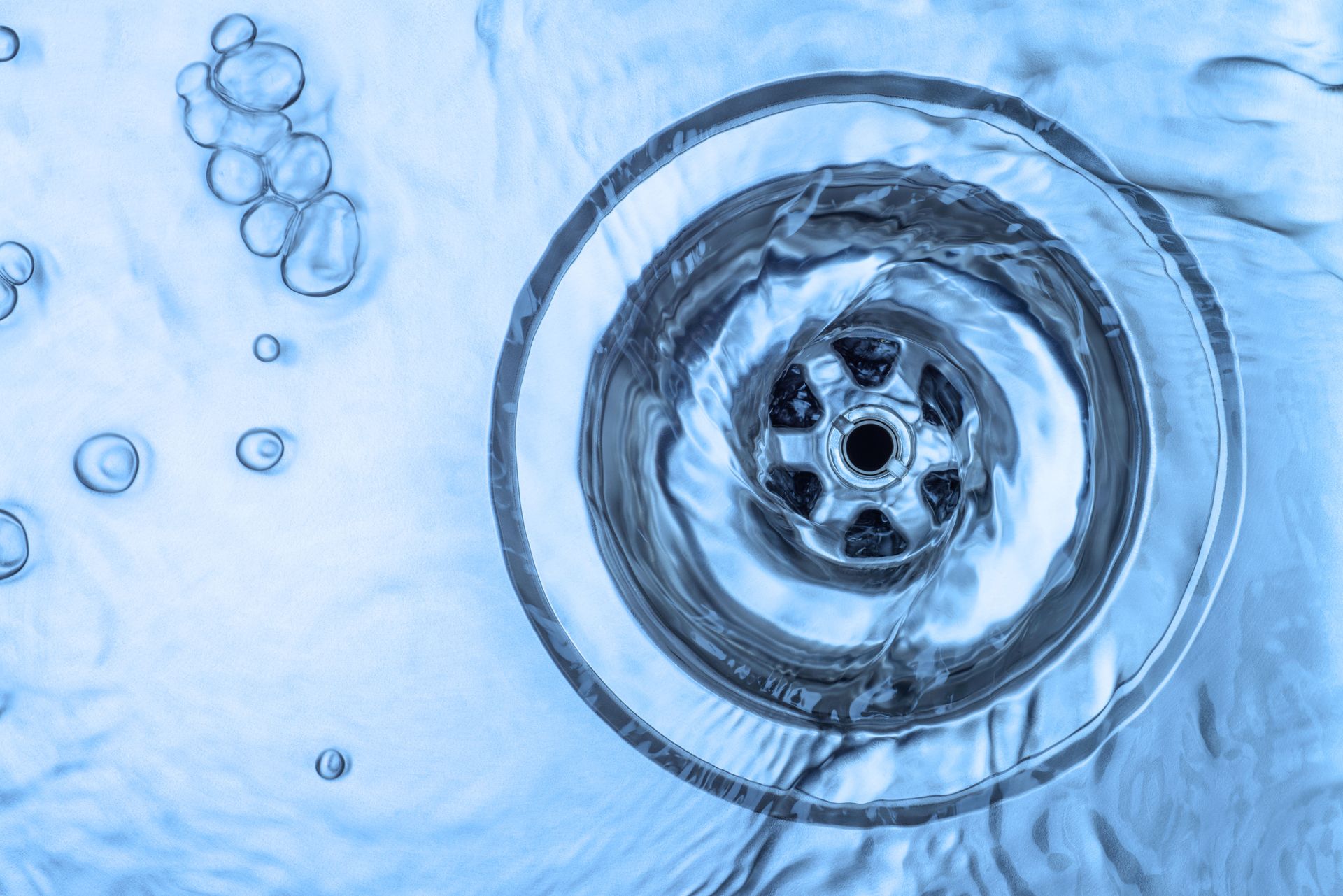
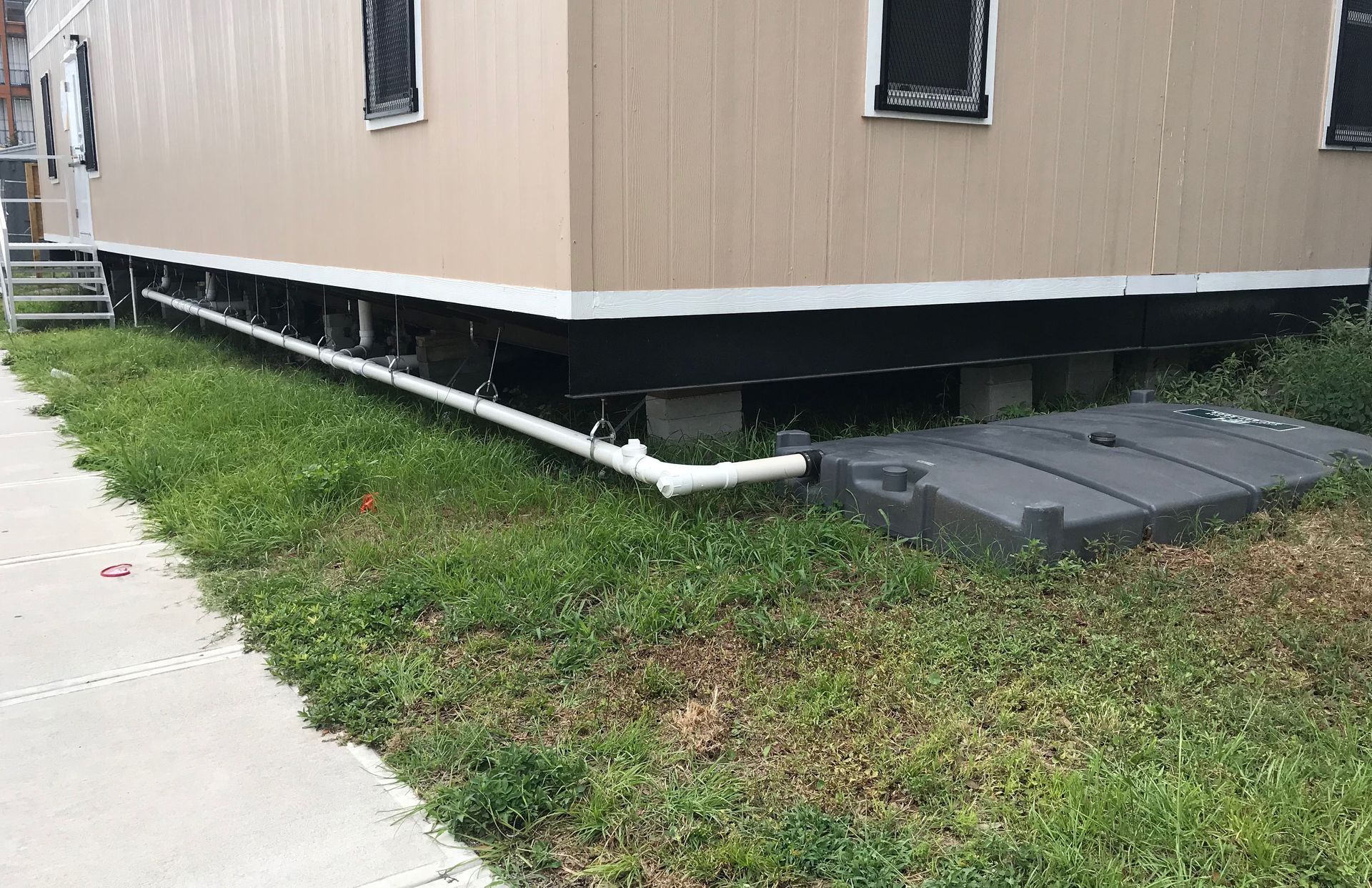
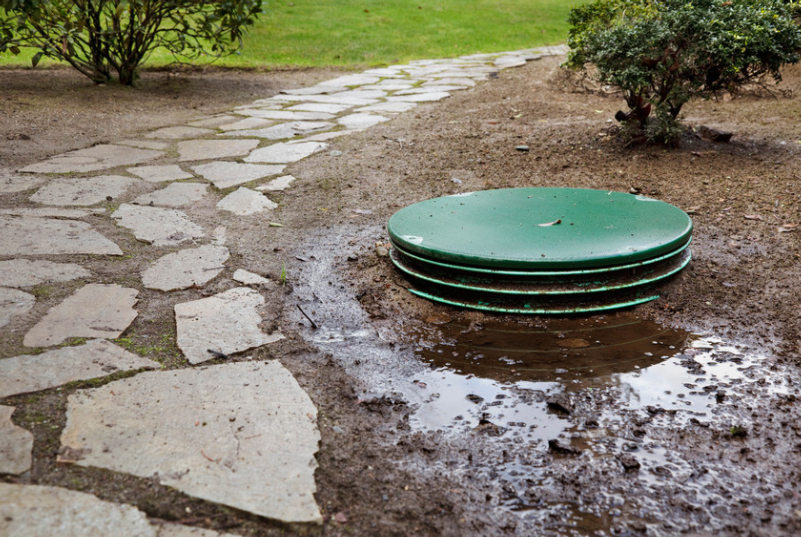
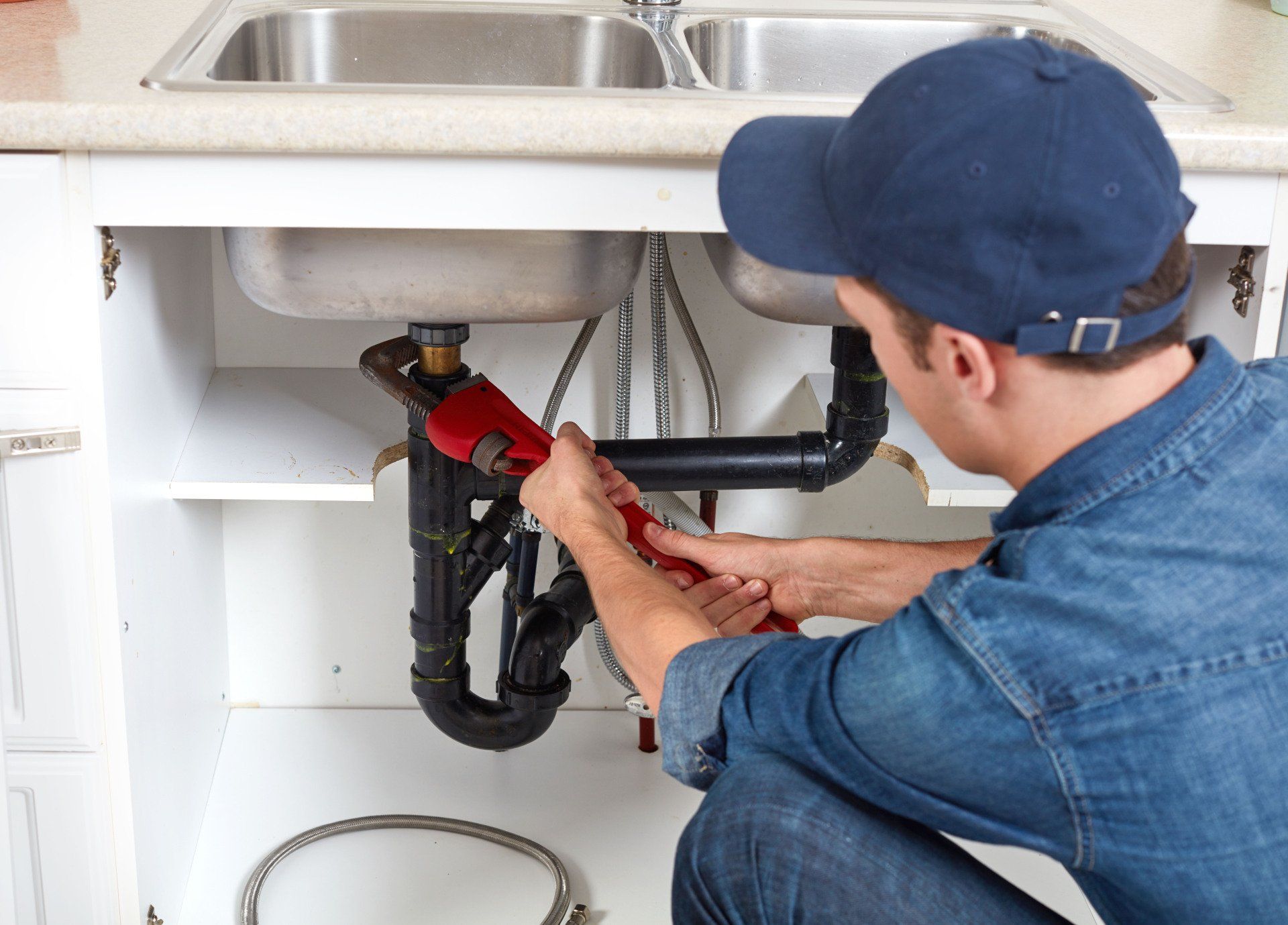



















Share On: